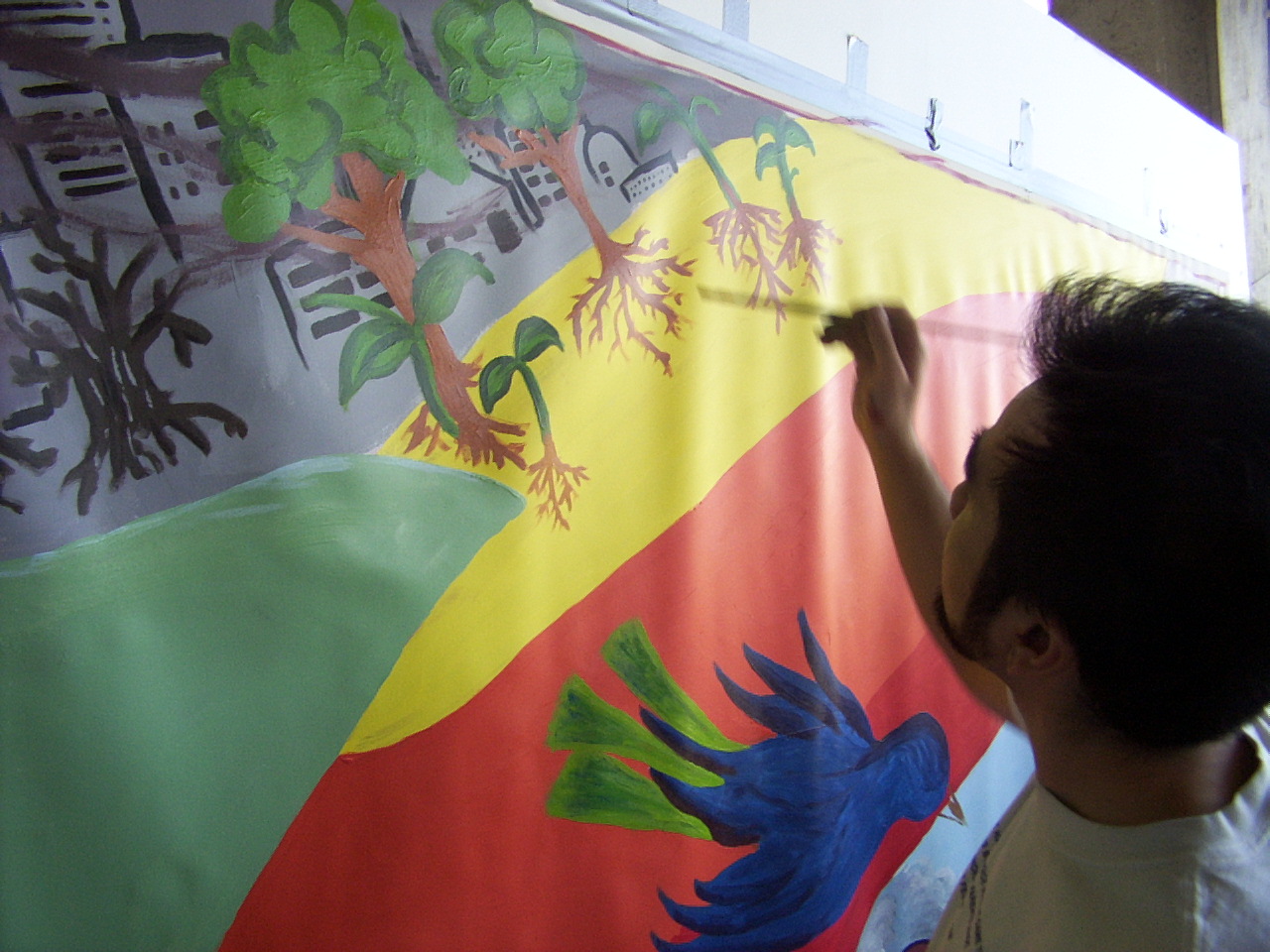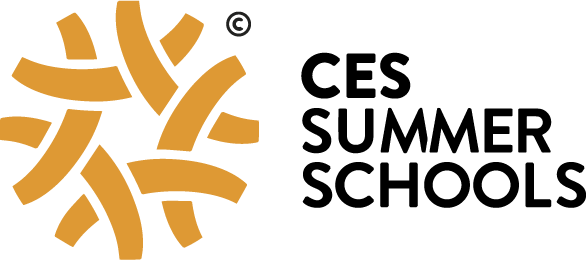
“art allows us to symbolize knowledge, understanding, and feeling through image, thus making it possible to transcend a finite time and culture” (Gregory Cajete, 1994)
"...And forget not that the earth delights to feel your bare feet and the wind longs to play with your hair."
Kahlil Gibran, The Prophet
“If I could tell you what it meant, there would be no point dancing it.”
Isadora Duncan
Participants: graduate students, community artists, anyone interested in these approaches
Objectives:
Engage with issues of power related to knowledge construction in research and higher education by exploring the nexus of arts and science.
Experiment with and discuss creative research and teaching methods for participation, collaboration and justice.
Description: The course will use performative learning and participatory, adult-education processes to engage participants in exploring the use of various arts-based methods (images, meditation, poetry, song, dance, etc.) in their work. Participants will explore the theoretical groundings of these approaches while engaging actively to learn specific facilitation skills and ways to collaborate with artists or other creative professionals when needed. The course will build a community of practice to support one another particularly where these methods challenge the norms of their disciplines, institutions and colleagues.
We will have internet, computer projectors and other technology in order to present multiple art forms but we will use the out-of-doors in much of the learning exchanges in order to be fully in the local place through our natural and social interactions.
Language: primarily English with Portuguese as needed
Principles:
- Adult education – Andragogy
- Participatory
- Multiple formats of interactions with arts
- Reflexive teaching and learning
Questions to tackle:
How is power and colonialism and other hegemonies implicit within the forms of “knowledge” and communications?
How can arts evoke more equity and justice even within “non-artistic” forms of research?
Do arts have to be “translated” into or explained by linear text to use in “academic” scholarship? Is this possible?
What are the critical issues and the implications of attempts at translation and explanation?
Professional versus amateur artist
How do we evaluate the “rigor” of the scholarship? What are the implications of using normative academic measures of evaluation?
Indigenous knowledges – respecting and allying with compared to appropriation
Elements:
“Academic” readings about arts
Multiple examples of arts
Guest speakers
Participant-initiated and led activities
Assignments: Participants will engage in individual or group projects based on their specific needs and interests, including refining their methodologies for their research projects, refining an arts practice, or tackling conceptual questions relating to arts and sciences. Participants will be invited to share their work with the local community during evening cafés. Participants will also be invited to co-create with facilitators and any interested community members, a collection of both creative and analytical work in the form of written text as well as audio-visual presentations.
Publication/Outcome: All participants will be invited to contribute to a publication based on their work during this summer school.
Instructors/facilitators: Alison Neilson, Andrea Inocêncio, Miye Tom and Maja Maksimovic
Regular rate: 130€ Student; 150€ General
Price includes tuition, all materials, all coffee breaks and lunches
For further details: https://artsinformedresearch.wordpress.com/ces-summer-school/

